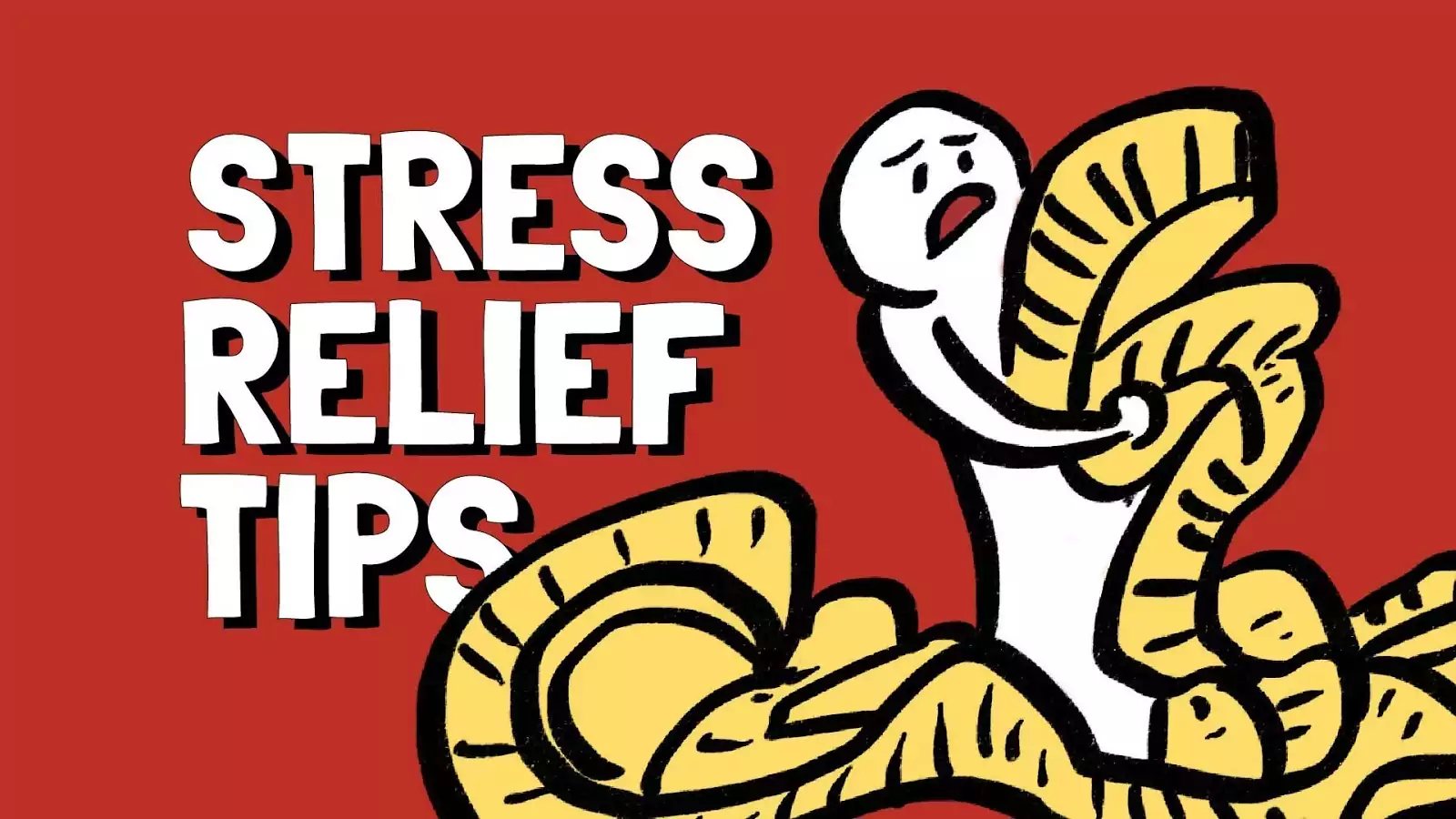A couple of decades ago, when people were beginning to realise the true impact of psychological stress on physical health, there was very much a drive to find “a pill for every ill,” but nowadays medical and health practitioners alike are tending to explore more holistic approaches to the problem.
The Early Medical Approach to Stress
The medical approach to stress used to focus on the physical symptoms of stress and tackle it with solely those in mind. This was largely owing to the way that the teaching of conventional medicine had evolved on a foundation of anatomical science.
Drugs were heavily depended upon in the latter part of the 20th century, for example benzodiazepines, a class of sedative-hypnotic prescription drug, were extremely popular as developments in modern life led to rising levels of stress and a higher awareness of stress as a diagnosable condition. General pain killers and muscle relaxants were also considered a mainstay of treatment, because they, without a doubt, helped to remedy the physical symptoms of stress such as headaches, back and neck pain and abdominal cramps (very often it is the physical symptoms which prompt an individual to seek medical advice). However, the reliance on such treatment was not without its problems.
Disadvantages of this approach include that some of the drugs prove highly addictive, many lead to numerous side-effects and the root of the stress is not identified and addressed, so that in one way or another it continues to be a problem.
Ultimately, the psycho-physiological mechanism of the body-mind is neglected, leading to deterioration in sense of individuality, independence and overall feelings of well-being. A vicious cycle of stress leading to medication leading to more psychological problems may be created.
Medication can certainly be helpful in treating the manifesting symptoms of stress, but should only be used as part of a holistic course of treatment where the root cause(s) of the stress is addressed and the individual learns management strategies that will carry them through life’s tough times.
The Non-medical Approach to Stress
The non-medical approach to stress is holistic. In other words, it treats body, mind and spirit, so that the health of all aspects of the self is restored. A vast range of holistic therapies exists and the individual can choose to use one particular therapy or a combination, depending on what suits them. Examples of natural alternative therapies include: psychotherapy, massage, aromatherapy, reflexology, acupuncture, herbal medicine, art therapy and homeopathy, though there are many, many more. The benefits of many of these treatments are now widely recognised and this recognition is ever-increasing.
A Word of Caution
Whilst the benefits of many alternative, holistic approaches cannot be denied, it is important that medical opinion is sought for any persistent symptoms or insidious changes over prolonged periods of time. With regards to conventional treatment, remember that is your prerogative to be able to form a relationship with a doctor or consultant you feel you can trust. If you feel uncomfortable with any advice given, or do not feel adequately listened to, do not hesitate to seek a second opinion.
This does not only benefit the patient, but can also be very valuable for medical practitioners, who are always developing their expert knowledge.
